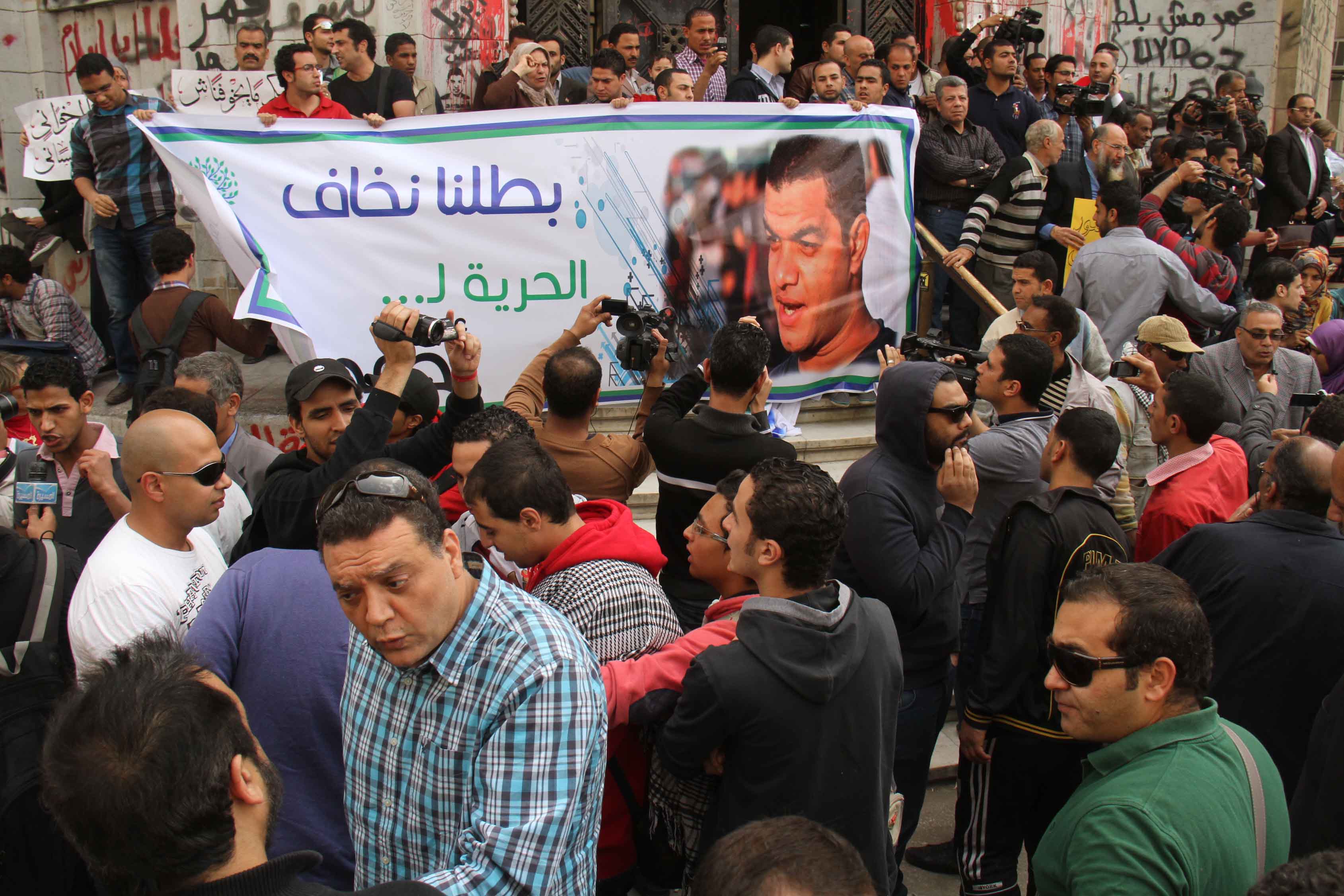The United Nations High Commissioner for Refugees (UNHCR) bureau in Cairo has responded to the death of an Oromo woman following a protest outside their office on Tuesday.
Although reports about the incident remain vague, two Oromo asylum seekers allegedly set themselves on fire in front of the UNHCR’s headquarters in 6th October City. The incident reportedly took place as part of a protest led by Ethiopia’s Oromo community that sought to demand the right to seek asylum with the UNHCR.
Tarik Argaz, a public information and communications officer at UNHCR, told Daily News Egypt: “We are very saddened by the incident.”
Three people were allegedly injured and transported for treatment, according to Argaz. It is not clear whether that number includes the woman who died as a result of her injuries. A source previously told Daily News Egypt that the woman who died had attempted to put out a fire on another protester when she caught fire.
Argaz debunked the Oromo people’s claims that their asylum demands were being ignored. “The numbers of asylum seekers in Egypt are increasing,” he said, noting that UNHCR does not deal with asylum seekers according to their origin. “The decisions are based on legal criteria,” he added.
He further claimed that the UNHCR recently granted asylum to a “fair number” of Oromo people.
“The decision to grant asylum cannot be altered by external pressure,” Argaz concluded.
In a statement released on Wednesday, UNHCR attributed the Oromo woman’s death to a “violent” incident, without going into further details.
The statement also said: “UNHCR is mindful of the frustrations and anxieties that asylum seekers and refugees may feel because of lengthy procedures, due to the high number of applicants in Egypt. As UNHCR is committed to ensure fair, consistent and transparent processes for asylum-seekers and refugees of all nationalities, it calls for the cooperation by all refugee communities and appeals for their understanding and non-violence.”
This protest was part of continued attempts by members of the refugee community in Egypt to demand that the UNHCR recognise their communities, among other demands for fair treatment.
The Oromo people are an ethnic group primarily in Ethiopia, but also in other neighbouring countries. Although the group is considered the ethnic majority in Ethiopia, they are largely politically marginalised and forced to assimilate, which has led to many Oromo people choosing to flee Ethiopia and seek asylum elsewhere.
The Egyptian government signed a memorandum of understanding in 1953 that makes the UNHCR solely responsible for registering and determining the status of refugees in the country.
According to the UNHCR’s website, as of December 2015 Egypt was host to over 180,000 refugees from around the region, predominantly from Syria, Sudan, Ethiopia, Eritrea, and Iraq.



